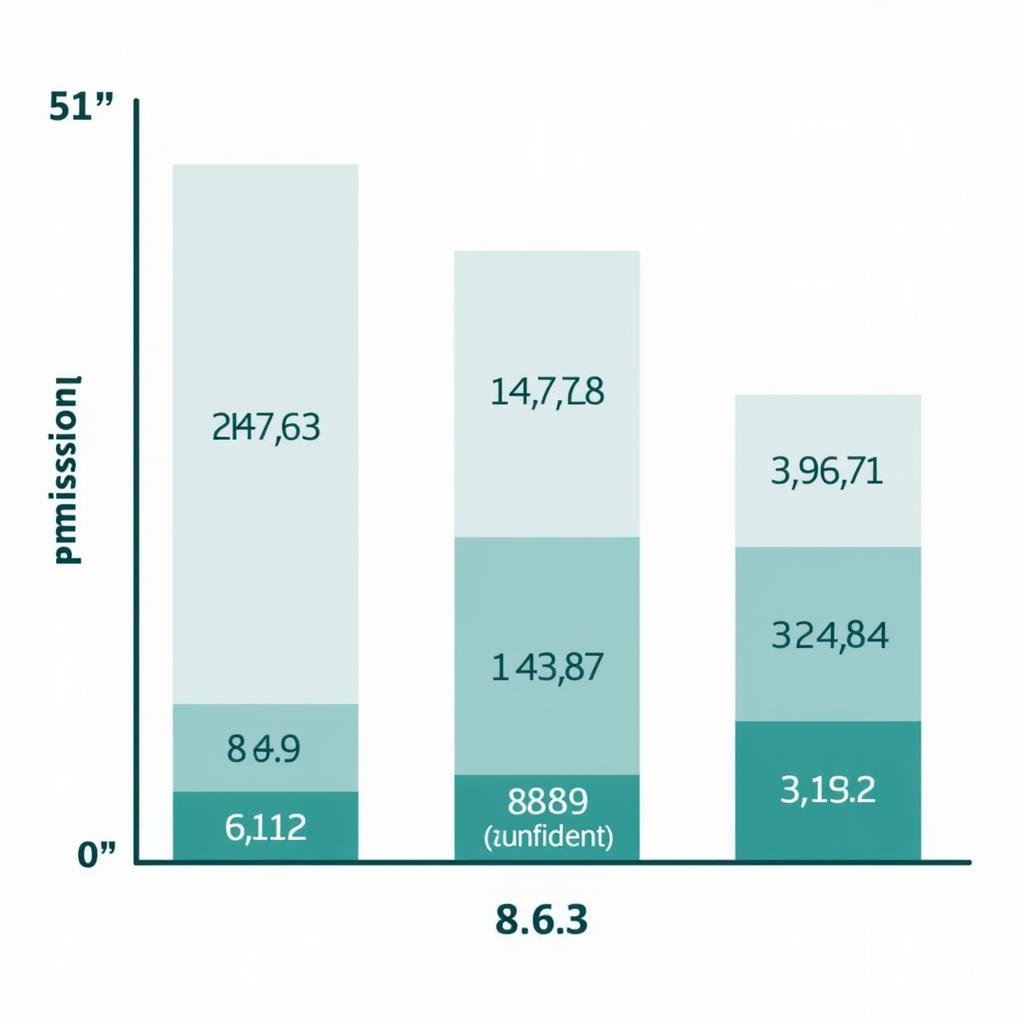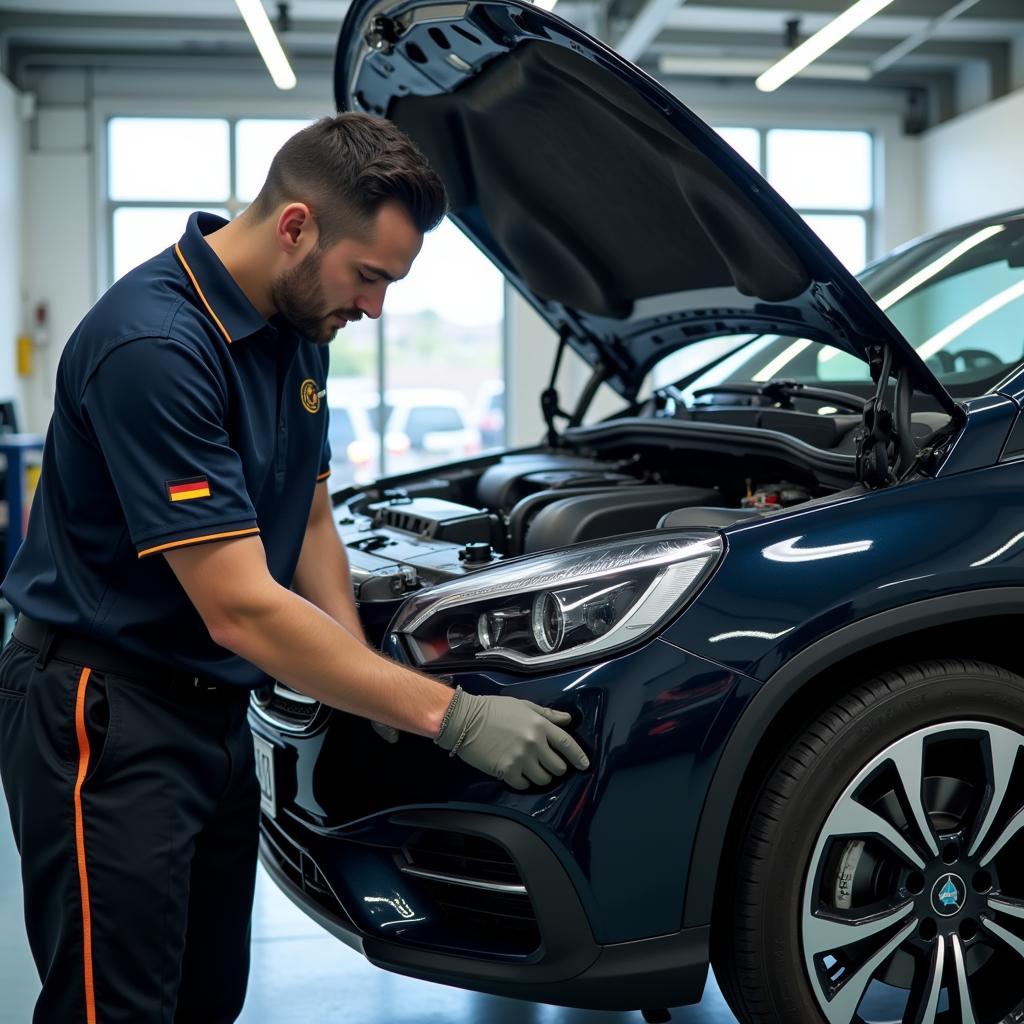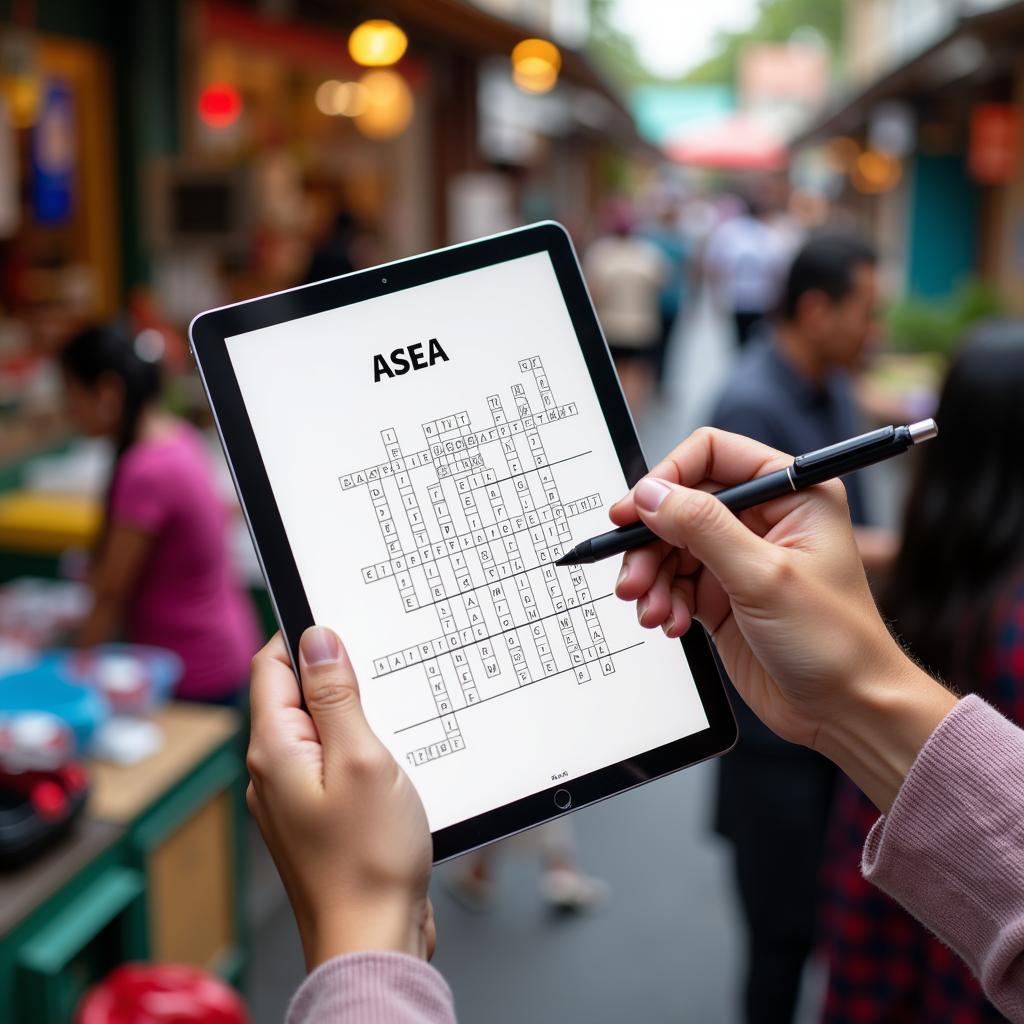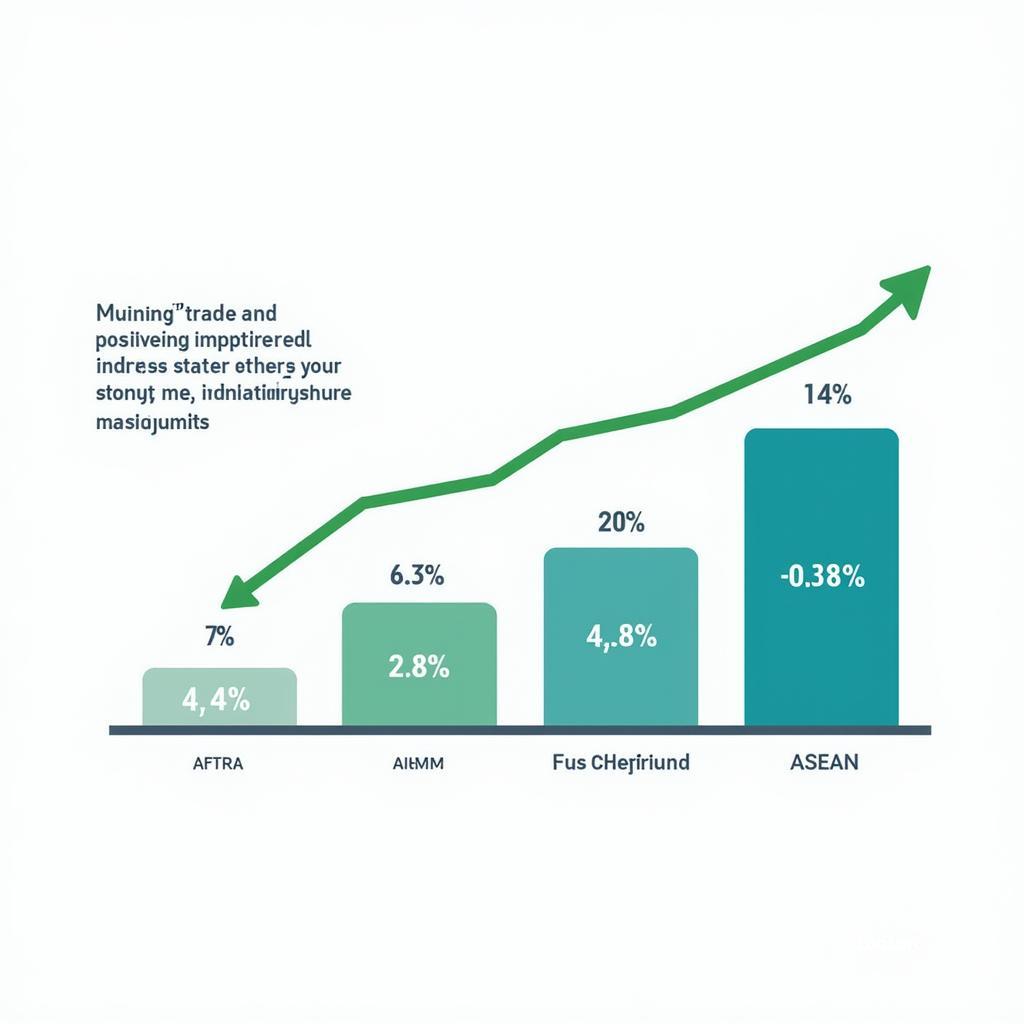ASEAN German car certification, or more accurately, the certification of German cars imported into the ASEAN region, is a complex process involving various regulations and standards. This guide will delve into the intricacies of this process, exploring the key aspects that potential buyers and importers need to understand.
Understanding ASEAN German Car Certification
Importing a German car into an ASEAN country requires adherence to specific import regulations, safety standards, and emissions requirements. These regulations can vary significantly between countries within the ASEAN bloc. While there’s no single “ASEAN German car certification,” each nation has its own set of rules that must be met. This often involves ensuring the vehicle meets European emission standards like Euro 4, Euro 5, or Euro 6, and complies with safety regulations comparable to those in Europe or internationally recognized standards.
Navigating the Import Process
The import process usually begins with verifying the vehicle’s compliance with the destination country’s regulations. This often involves providing documentation like the vehicle’s certificate of conformity (COC) and other relevant paperwork. Engaging a reputable import agent can significantly simplify this process, as they can navigate the bureaucratic hurdles and ensure all necessary documentation is in order. Import duties and taxes are also a significant factor, and these can vary widely depending on the vehicle’s age, engine size, and the specific country within ASEAN.
Key Considerations for Buyers
For prospective buyers, understanding the local regulations is crucial. Researching the specific requirements of your chosen ASEAN country before purchasing a German car is essential to avoid costly surprises. Factors like right-hand versus left-hand drive, fuel type, and even vehicle modifications can impact importability. Furthermore, securing insurance and finding qualified mechanics familiar with German cars are crucial aspects to consider after importing the vehicle.
Emission Standards and Environmental Impact
Many ASEAN countries are increasingly focusing on environmental protection, and this is reflected in their vehicle import regulations. Meeting stringent emission standards is often a prerequisite for importing a German car. Understanding these standards and their implications is vital for both importers and buyers. Some countries offer incentives for importing eco-friendly vehicles, which might make newer, more fuel-efficient German models a more attractive option.
 Comparison of Euro Emission Standards for German Cars
Comparison of Euro Emission Standards for German Cars
Why Choose a German Car in ASEAN?
Despite the complexities, the demand for German cars in ASEAN remains strong. German engineering is renowned for its quality, performance, and safety. These vehicles often hold their value well, and the driving experience they offer is a significant draw for many buyers. Moreover, the availability of spare parts and the growing network of specialized workshops catering to German cars in the region further contribute to their appeal.
Tips for a Smooth Import Experience
- Engage a reputable import agent: Their expertise can save you time and headaches.
- Verify vehicle compliance: Ensure the car meets the destination country’s regulations.
- Budget for import duties and taxes: These can be substantial and vary significantly.
- Secure insurance: Protect your investment with comprehensive coverage.
- Find a qualified mechanic: Ensure access to reliable maintenance and repairs.
Conclusion
Navigating the ASEAN German car certification process requires careful planning and understanding of local regulations. By researching the specific requirements of your chosen ASEAN country and seeking expert advice, you can successfully import your desired German vehicle and enjoy the benefits of German engineering on Southeast Asian roads. Remember that thorough preparation is key to a smooth and rewarding import experience.
FAQs
- Is there a unified ASEAN German car certification process? No, each ASEAN country has its own import regulations.
- What emission standards do I need to meet? This varies by country but often includes Euro 4, 5, or 6.
- Do I need an import agent? While not mandatory, an agent can significantly simplify the process.
- What documents are required for import? This includes a certificate of conformity (COC) and other vehicle-specific documents.
- Where can I find more information on specific country regulations? Contact the relevant embassy or customs authority of the target ASEAN country.
- What are the typical import duties and taxes? These vary significantly based on factors like engine size and vehicle age.
- Are there incentives for importing eco-friendly vehicles? Some ASEAN countries offer incentives for importing hybrid or electric vehicles.
 German Car Maintenance in ASEAN Countries
German Car Maintenance in ASEAN Countries
Need assistance with ASEAN German Car certification? Contact us at Phone Number: 0369020373, Email: [email protected], or visit our office at Thon Ngoc Lien, Hiep Hoa, Bac Giang, Vietnam. Our 24/7 customer service team is ready to help.

